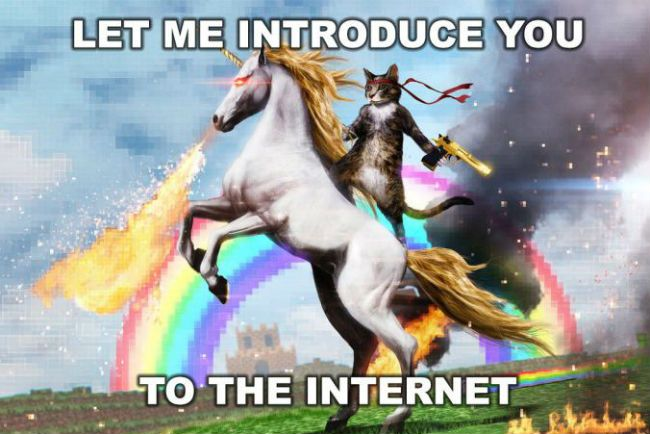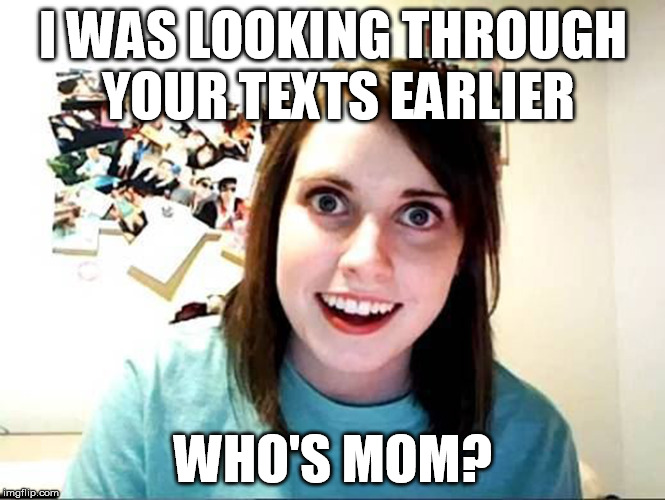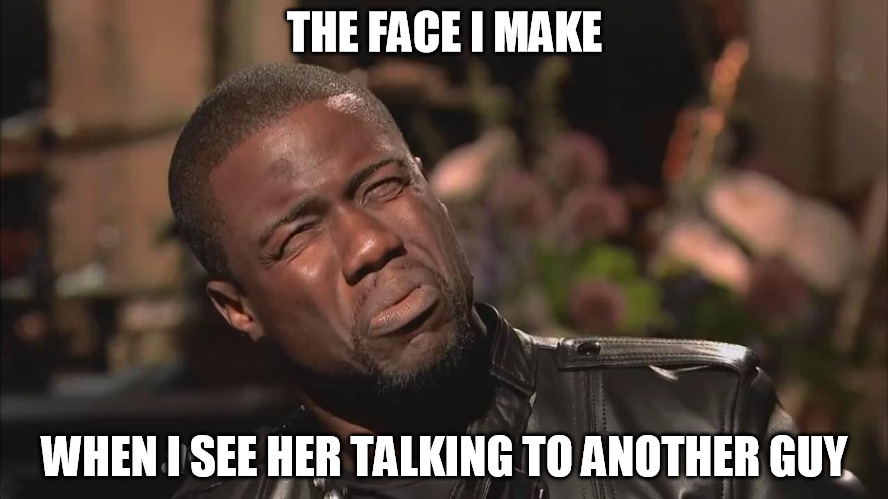Cyber Abuse: How technology enables abuse
We’re lucky to be living in this generation! With all the advances in technology in the past two decades, we’ve gained access to all the information, news or content we could ever need. At the touch of a button or swipe of a screen, we can communicate across borders, time zones and language barriers. It’s given us the ability to keep in touch with loved ones in ways that would not have been possible in the past. What once took days, weeks or months can now be communicated in a matter of seconds.
Ain’t the future grand?! Unfortunately, this amazing advancement of communication can come at a cost, especially for those in unhealthy dating relationships!
Unfortunately, this amazing advancement of communication can come at a cost, especially for those in unhealthy dating relationships!
Sure, it’s sweet to get texts from a boyfriend or girlfriend, expressing love and adoration for us throughout the day. Who doesn’t like to get a call every now and then to be reminded about how special we are to that one person? It’s great to feel wanted, desired, cherished and adored.
But when does that yearning turn from feeling good, into feeling like we’re losing a part of ourselves?
As technology advances over time, so too does the ability to track our partner’s movements, likes and dislikes, friends, and practically anything else that gets posted online. Text messages gave us the ability to communicate via written word, without the need for lengthy conversations. This was great for those of us who spent time in loud (or quiet) environments, where talking to a partner was impossible.
Texts enable us to communicate whenever and wherever we are, as long as there’s a signal! We have a greater ability to share sweet sentiments, photos, videos, etc through text message. Emojis give our words even more meaning, since the subtle nuance of language can at times get lost in text. These are the positive sides of texting! On the flipside, some use texts to control, belittle and demean their partners. They send insults rather than sweet sentiments. They monitor when and where their boyfriend or girlfriend is going, and then demand an immediate response to texts. And if a text goes unanswered, then accusations and assumptions are made about a partner cheating.
On the flipside, some use texts to control, belittle and demean their partners. They send insults rather than sweet sentiments. They monitor when and where their boyfriend or girlfriend is going, and then demand an immediate response to texts. And if a text goes unanswered, then accusations and assumptions are made about a partner cheating.
 Texts can also limit our ability to communicate effectively. When we rely on an emoji or bitmoji to describe our feelings to a dating partner, we may lose the desire to talk about our problems face to face. Over time, this can compound problems in the relationship, and can lead to further loss of trust.
Texts can also limit our ability to communicate effectively. When we rely on an emoji or bitmoji to describe our feelings to a dating partner, we may lose the desire to talk about our problems face to face. Over time, this can compound problems in the relationship, and can lead to further loss of trust.
In addition to texts, social media can also facilitate ineffective communication and controlling behavior (not to mention online bullying and social isolation). When life gets difficult; we rely upon the approval of our online friends to feel better. Rather than confronting our problems head on, we post slogans, selfies, hashtags and daily quotes to garner peer approval. The more likes and shares we get, the better we feel about life!
Issues with self-esteem, social acceptance, and online bullying have skyrocketed since the advent of social media. We’re constantly comparing ourselves to others- from body image, to class status, to number of friends or followers – which has opened up the floodgates for negative self-esteem issues. We compare ourselves to find credibility, or to isolate and segregate those we deem unworthy of our social or online status.
“Researchers have suggested that the decline in girls’ confidence and self-esteem could be directly linked to their online activity1.”
Every day, social media bombards us with distorted images from reality shows, celebrity makeovers2 and plastic surgery3. These unrealistic images put a focus on how to look “perfect,” without considering the amount of photoshopping that goes into each picture4. Celebrities are used as a gauge for the ideal body shape and size, which has a direct impact on the self-esteem and confidence of millions of young girls and boys. By equating body size and physical beauty to social standing, we do a disservice to the potential beauty that exists in each and every person.
Some use these ideals as a platform to bully others into feeling bad about themselves, or constant comparisons with those that are #blessed. We are expected to conform to a societal standard that is not only unrealistic, but poses a significant impact on the health of adolescents. This has led to widespread issues with eating disorders, body dysmorphia, and other tragic consequences like self-harm and suicide.
(**NOTE: calling something “blessed” has become the go-to term for those who want to boast about an accomplishment while pretending to be humble5).
Through social media, we’ve also seen an uptick in CYBER ABUSE by dating partners. For many teens today, trust means giving all their passwords to their boyfriend or girlfriend. Feelings of jealousy dictate who their dating partner can be friends with; some may even hack their partner’s social media accounts, read direct messages, and send threatening messages to those they feel pose a risk to their relationship. This may be done without the consent or knowledge of their boyfriend or girlfriend, which can inevitably lead to isolation from family and friends. This is a form of cyber abuse.
There’s a sense of entitlement that comes with dating, as though we can own our boyfriend or girlfriend’s social media presence.
 As time goes on, this type of controlling behavior can begin to seem like the norm. Some may even view this behavior as healthy, rather than recognize it as jealousy or possessiveness. Going behind our partners’ backs to see what they’re doing or who they’re talking with is the opposite of healthy communication. Just because someone has made the decision to date us, does not mean we own them.
As time goes on, this type of controlling behavior can begin to seem like the norm. Some may even view this behavior as healthy, rather than recognize it as jealousy or possessiveness. Going behind our partners’ backs to see what they’re doing or who they’re talking with is the opposite of healthy communication. Just because someone has made the decision to date us, does not mean we own them.
And let’s not forget about the dangers of sexting!
If a boyfriend or girlfriend demands nude photos/videos from their dating partner -besides the obvious illegality with underage pornography for those younger than 18- this poses the risk for this media to be shared in unintended ways. If a relationship ends badly, a controlling partner could threaten the dispersal of these nudes to family, friends, and even strangers. Not only does this put a victim of abuse at further risk for humiliation, isolation and embarrassment; this also increases their risk for sexual harassment and legal consequences6. Technology should not be used to threaten a loved one!
In conclusion, we love our technology. We rely on it for so many aspects of our lives. Phones, apps, social media and the internet can help us stay in touch with the world and share ourselves in so many ways. Texting can uplift a partner, while social media can promote boundaries, space and trust. We should be able to safely and securely use technology without the fear of being controlled.
If you have ever been guilty of cyber abuse, remember that there are healthier ways to use technology. It’s okay to feel jealous and worried, but we need to practice effective communication to address these issues. There are better ways to deal with our insecurities and lack of trust than technologically controlling a loved one. Let’s make this future one in which technology advances all our relationships.
Check out this powerful video about Cyber Abuse from the #ThatsNotLove campaign7:
[video width="640" height="360" mp4="http://www.tap808.org/wp-content/uploads/2017/01/ThatsNotLove-campaign-Because-I-Love-You-Delete-One-Love-Foundation.mp4"][/video]
Sources & Links
- http://www.educationworld.com/a_news/report-social-media-blame-low-self-esteem-young-women-2903645
- http://www.huffingtonpost.com/vivian-diller-phd/makeover-madness-women-beauty_b_780694.html
- http://www.huffingtonpost.com/vivian-diller-phd/are-you-psychologically-p_b_683525.html
- http://www.huffingtonpost.com/vivian-diller-phd/photoshop-body-image_b_891095.html
- https://www.nytimes.com/2014/05/04/fashion/blessed-becomes-popular-word-hashtag-social-media.html?_r=0
- http://www.rollingstone.com/culture/news/sexting-shame-and-suicide-20130917
- https://www.youtube.com/watch?v=4JYyHa03x-U&index=1&list=PLobwSLJPTQ5-Qr1cZbT_d3FkkmeeXPGds
